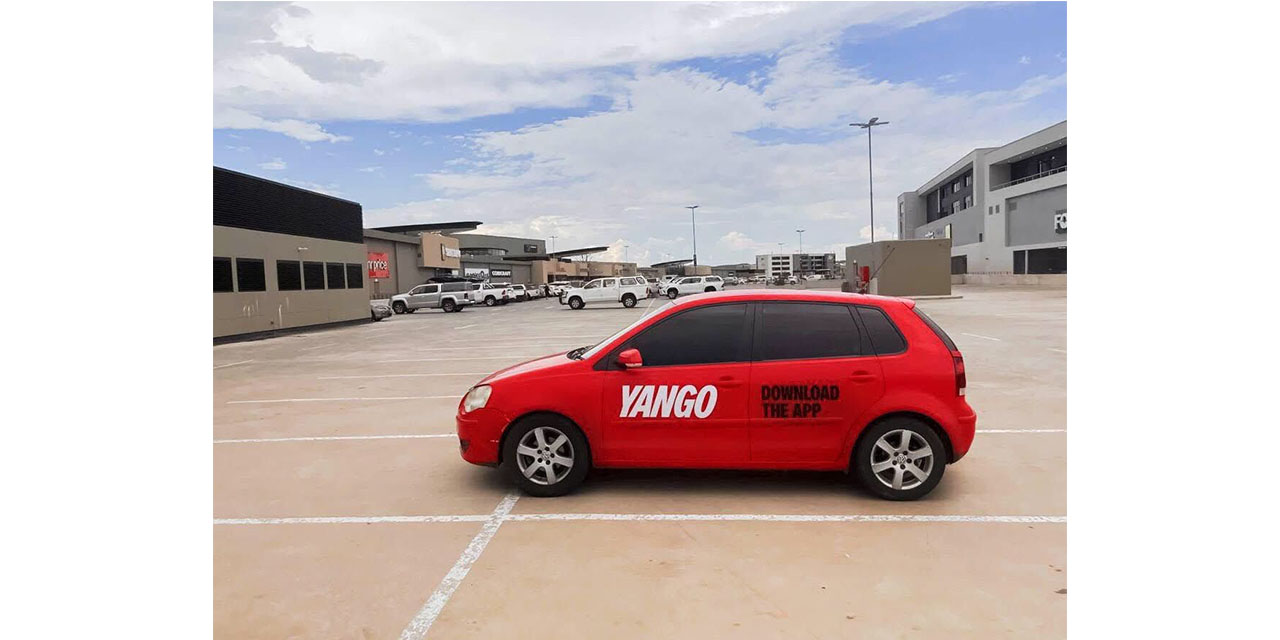Allexer Namundjebo
International ride-hailing platform Yango has defended its operations in Namibia following public claims by works and transport minister, Veikko Nekundi, that the service is illegal in Windhoek.
Last month, Nekundi told a local radio station that Yango taxis were not authorised to operate in the capital.
He explained that the company did not have the required permits and was not operating within the legal framework for public passenger transport.
“Only those with valid authorisation are permitted to operate taxis in exchange for money,” Nekundi said.
He added that enforcement was the responsibility of traffic officers, who could only act when vehicles were on public roads.
Yango responded to questions sent by the Windhoek Observer on Monday, saying it operates as a digital platform that connects riders with drivers through independent fleet partners.
Yango said these partners are responsible for securing the necessary public passenger transport permits and other legal documents.
“Yango is committed to operating in full compliance with the laws and regulations of every market, including Namibia,” the company stated.
“We actively engage with relevant authorities and regulatory bodies to align our services with all applicable requirements. Our goal is to contribute meaningfully to the local economy while meeting the legal standard expected.”
Yango confirmed that it has had discussions with the ministry of works and transport but declined to share details about the nature or outcome of those talks.
Last year, Yango drivers faced legal uncertainty about their operations.
One driver, Imene Nicodemus, described how officers threatened fines or gave warnings when drivers failed to show valid permits.
“I told [an officer] I didn’t have a permit, but the company I worked for should have one,” Nicodemus said. “If he wanted to write a ticket, it should have been directed to Yango and not me.”
Also, last year, City Police spokesperson Marceline Murapo pointed to Regulation 94(1)(a) of the Municipality of Windhoek Street and Traffic Regulations.
The law, dating back to 1930, prohibits vehicles from operating for hire or reward in the municipal area without registration by the Council.
“Yango vehicles were, by definition, operating for reward, making them public transport. They should therefore have been authorised by the Council,” Murapo said.
She noted that permits define the area and type of operation, and all drivers transporting passengers for payment must be authorised by the council.
“We were actively engaging stakeholders and educating them on the legal expectations,” Murapo said. “Enforcement would follow wherever non-compliance was detected.”
Yango operates in several African countries, including Ghana, Zambia, Angola, and Mozambique. In Namibia, the company continues to face legal scrutiny as authorities work to align app-based ride-hailing services with existing transport laws.




